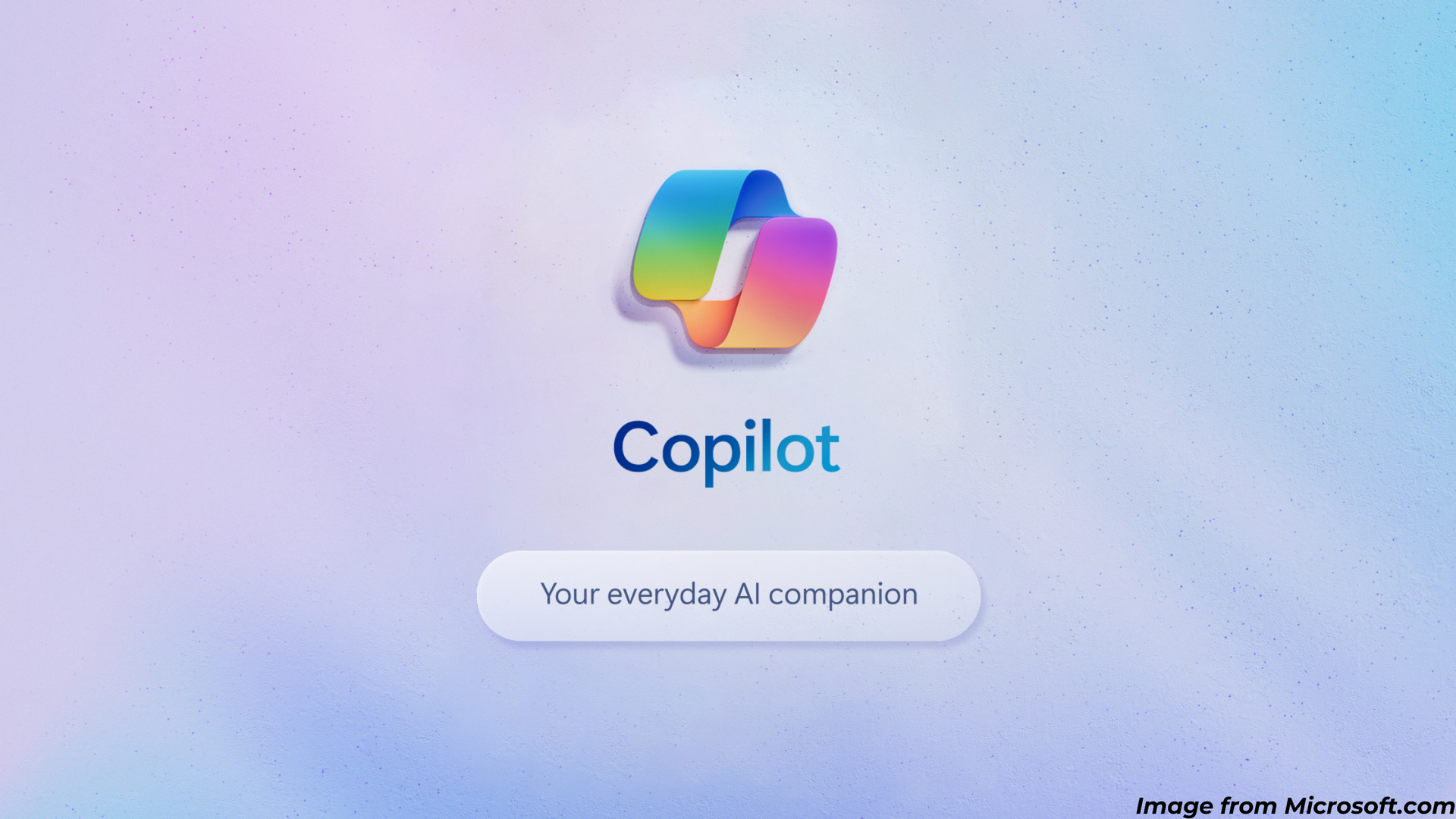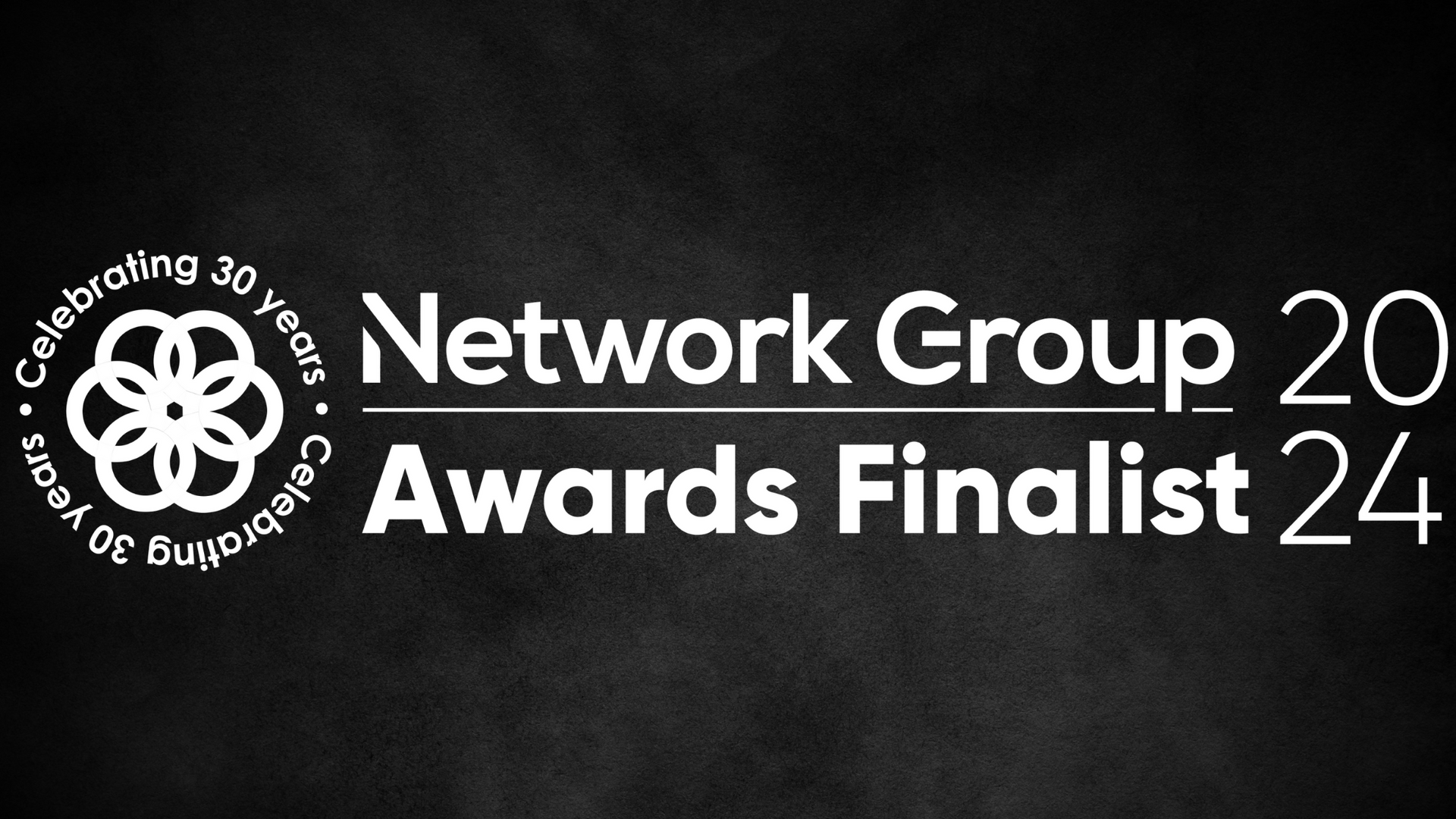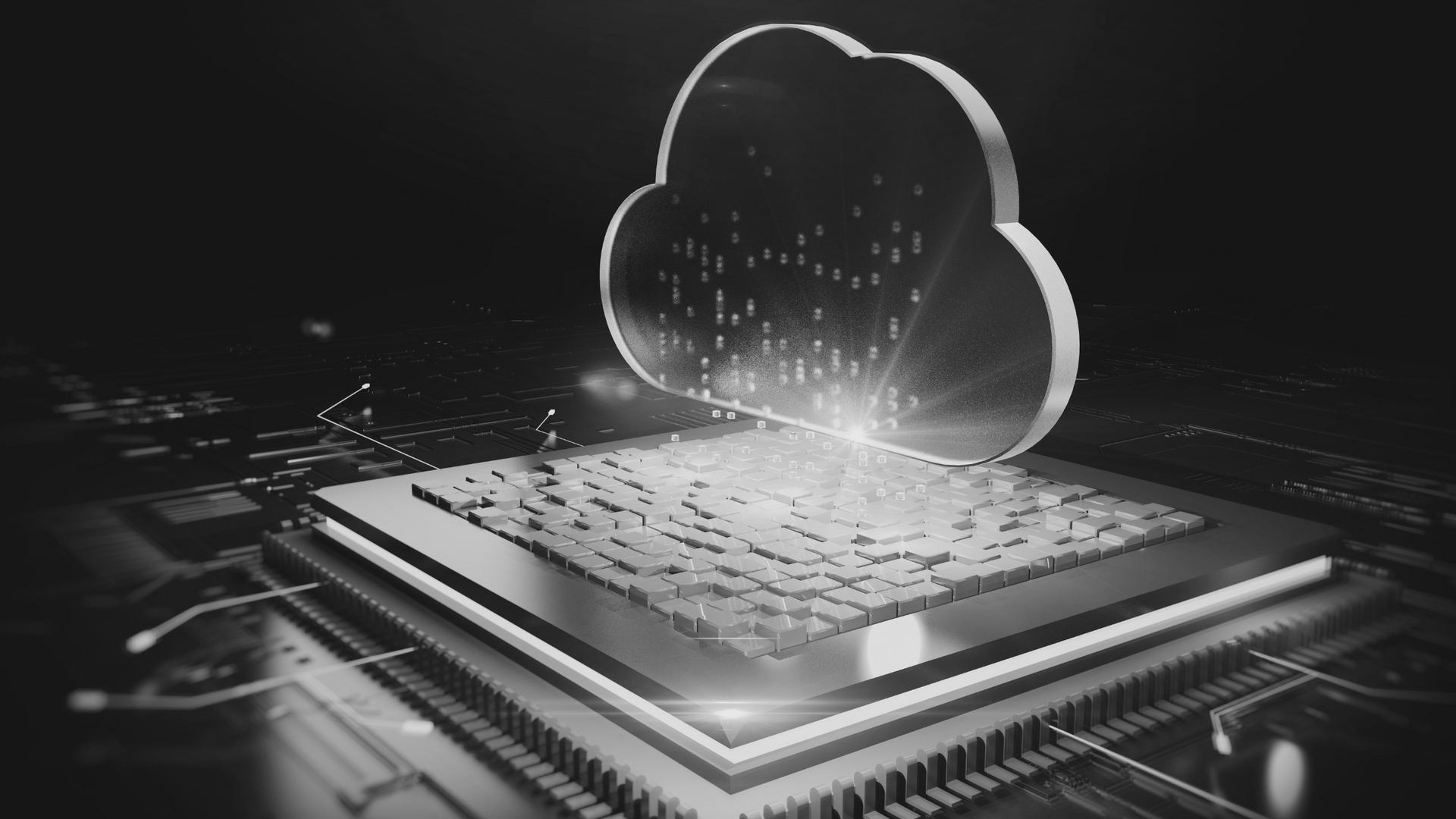Blog Layout
As workplace culture changes, tech support becomes remote-first
Chris Lunn • Nov 16, 2020
We’ve experienced what could be the fastest and vastest global transformation in working practices in human history as enterprises changed their businesses this year to support remote working in response to the COVID-19 pandemic.
It hasn’t been without pain, and the impact of that change continues to be felt.
What’s happened in IT?
With these shifts affecting thousands of companies, I’ve been trying to build a picture of how they’ve impacted other areas, such as tech support. I spoke with Interlaced.io CEO Justin Wells.
Interlaced.io is an Apple-first, cloud-oriented managed service provider that provides IT support to enterprises encountering digital transformation. So it’s of little surprise that Wells said: “Our clients adjusted really well to working from home. Our challenge was not being able to deliver on-site work and on-site visits with our clients.”
His company formerly relied on such visits to build customer relationships and to analyze client requirements; the move to remote meant it had to make some changes. “We adjusted our scheduled proactive onsites to proactive remote sessions.”
When COVID-19 struck
When the pandemic struck, most businesses and consultants to those businesses had to scramble to help clients shift to remote working.
This was less of a problem (at least in client/service terms) for Interlaced.io, given that the company makes heavy use of cloud services and MDM. That meant its clients could move to remote working a little easier than those forced to migrate to such systems. Ironically, Wells saw a decline in support requests as the WFH exchange took place.
This certainly reflects analyst opinions that on-premises setups were placed at a major disadvantage during the transition, as were systems deeply reliant on legacy back-end infrastructure, as maintaining the kit placed employees at risk.
Multi-cloud is the new norm – but don’t forget the data
In a multi-cloud world, IT leaders need a single, consistent data layer underpinning it all.
Some enterprises are only now sufficiently focused on supporting WFH.
Some surprises
Like so many enterprises, Wells confessed that the move to remote working surprise him. “Our biggest surprise was how much our team enjoyed working from home,” he said. “We plan on remaining in a near fully-remote model for the foreseeable future.”
This reflects the consensus across a growing number of enterprise leaders. Even more conservative business leaders seem to agree. Tej Parikh, chief economist at the Institute of Directors, said: “For employers and workers, remote working has worked better than expected. Many will be reluctant to return to the daily grind of commuting.”
Apple CEO Tim Cook, who leads a company famous for its focus on presence and collaboration, has expressed similar sentiments. “I don’t believe that we will return to the way we were, because we found that there are some things that actually work really well virtually,” he said.
Multi-cloud: Overcoming the challenges to reap the business benefits
Experts from Dell, IDG and Vmware discuss how to leverage multi-cloud for sustained business growth.
Where we are today, remote work is now widely understood to be part of a new normal across many industries.
There are pain points
It’s not been a painless transition.
As well as chasms in terms of wealth inequality around class, race and gender, the pandemic is surfacing big challenges for commercial property rentals; travel and hospitality; services based in business districts; home design; the need to turn small spaces into comfortable multi-use living areas; family and personal relationships and mental health, and more.
At the same time, the fact that workers can become happier and more productive while also being near those they love while (in some cases) avoiding eternal slavery to the Marchetti Constant is cutting through.
It seems inevitable that the future office will be a serviced space providing resources that support widely distributed teams. Co-location spaces and services to support them may even breathe life into declining local areas.
Enterprise IT for a changing workplace
This is also a change in terms of enterprise IT, which must pivot in its approach to support this new normal. “We will absolutely continue to support remote work,” said Wells.
“We see remote-first IT support as a new opportunity for growth in 2020 and beyond. Much of the need for local IT support is driven by client perception and preference for wanting/needing someone close by. Most of what IT service providers do for their clients is already happening remotely. The pandemic is really accelerating a shift in client perception.”
The Apple connection
Regular readers know I’ve been watching Apple’s growing status in enterprise computing for over a decade. So, it should be no surprise that I think Apple will play a growing part in the evolution of the remote enterprise.
As does Wells.
Wells points to lower maintenance costs, longer lasting hardware and the fact that Apple’s platforms are less susceptible to malware as just some of the reasons its solutions are great for business.: “The total lifetime cost of Apple devices is lower than the alternatives,” he said.
He also thinks the user experience boosts productivity, and notes that employees today expect to use good tech, not second-rate kit. Employee choice is vital in this environment.
“Good, reliable workplace technology is no longer an employee-perk, it is a prerequisite,” Wells told me. “This is especially true for the generations who have recently entered the workforce and grown up with Apple devices.”
The latter is particularly important given that there are teenagers alive today who have never known the world without iPhones, and that there are now over a billion iPhone users around on this planet of 7.6 billion souls.
Interlaced.io works closely with Addigy, whose CEO, Jason Dettbarn, observed: “Apple has maintained a laser focused commitment to privacy and security. We amplify that security across the entire organization.”
During a recent interview, Apple’s enterprise and education product chief, Jeremy Butcher, put it like this: “This idea that there needs to be a distinction between enterprise grade security and consumer grade security is kind of a fallacy. So, ‘Why shouldn’t everybody have amazing security?’ is really the approach that we start out with,” he said.
The consensus that tech support must pivot to maintain this new normal is growing, according to Jamf CEO Dean Hager, who has said:
“We’ve seen the greatest movement of the workforce into their homes in all of history. Will this accelerate the consumerization of technology or decrease it? I think it will accelerate, because all of a sudden technology isn’t just part of the employee experience, it is the entire employee experience. So, employers are going to want to make it a good one.”
In response to accelerated global change in working culture, tech support is inevitably transforming into an enabler, servicing remote first industries across multiple geographies across asynchronous time zones.
Join Our Mailing List
Thank you for contacting us.
We will get back to you as soon as possible.
We will get back to you as soon as possible.
Oops, there was an error sending your message.
Please try again later.
Please try again later.
All sign-ups are handled inline with our privacy policy and can unsubscribe at any time.
Recent Blogs

By Grant Davis
•
03 Apr, 2024
In today’s fast-paced digital landscape, having an intelligent assistant by your side can make all the difference. Enter Microsoft Copilot, a powerful AI companion designed to boost productivity, spark creativity, and simplify complex tasks. Let’s dive into what makes Copilot a game-changer for individuals and businesses alike.
Get in Touch
Fill in this form to contact us and we'll get back to you ASAP (same working day where possible):
Contact Us
Thank you for contacting us.
We will get back to you as soon as possible.
Oops, there was an error sending your message.
Please try again later.
1-Fix Limited
Company Registration Number: 06543233
Registered address:
1-Fix Limited
1F02 Arena Business Centre, 100 Berkshire Place, Winnersh Triangle, Wokingham, Berkshire RG41 5RD




















